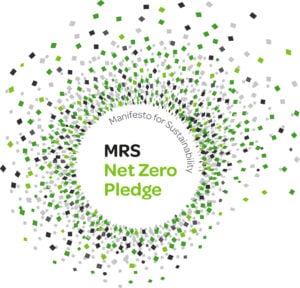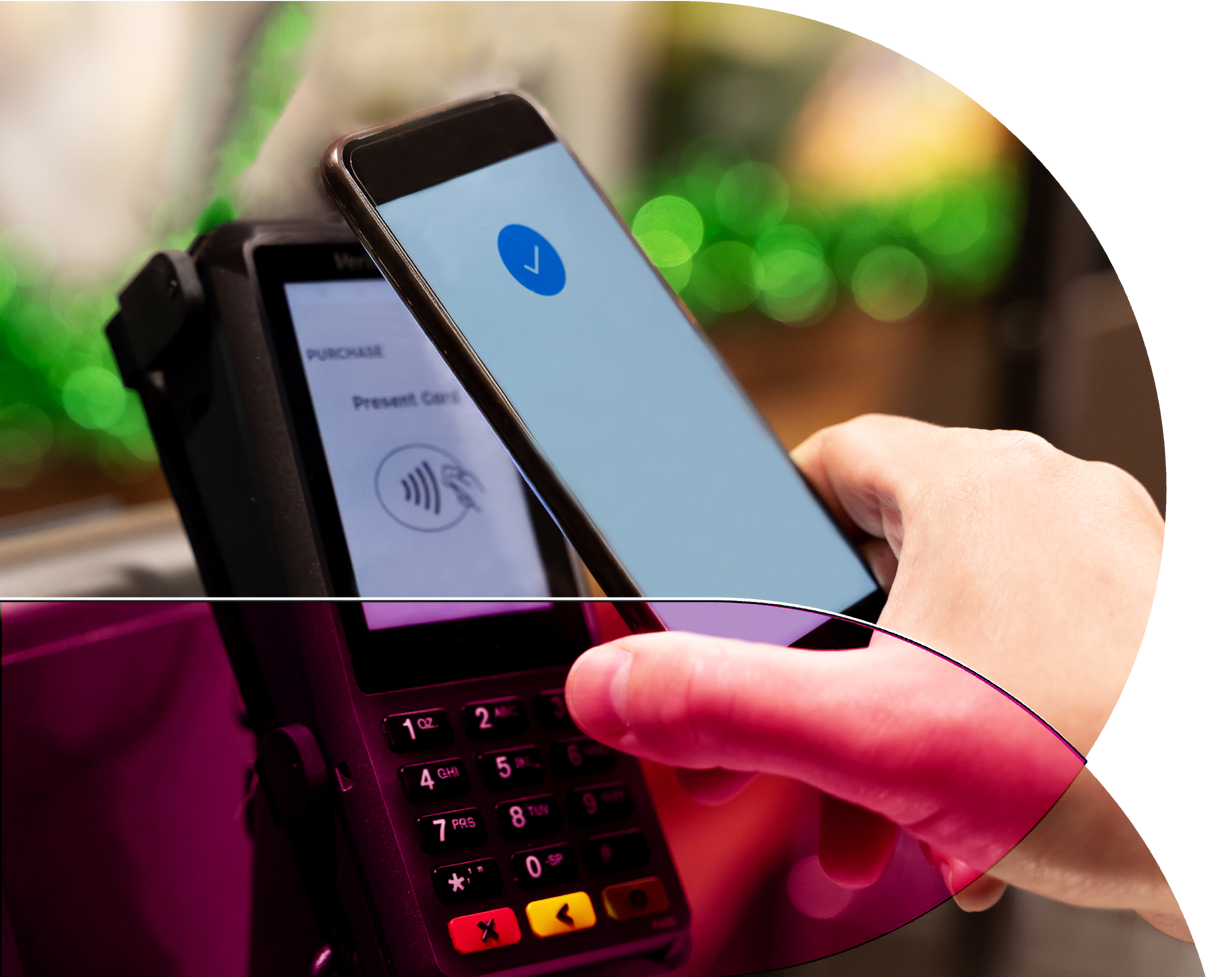Saturday, June 5th is World Environment Day, a global initiative sponsored by a consortium of organizations including the United Nations. It is intended to elevate awareness and activate genuine commitments to action towards building a more sustainable future. The planet’s resources are threatened by myriad factors affecting the delicate balance that keeps our ecosystems healthy and counteracts the circumstances contributing to catastrophic climate change.
Sustainability has been front and center as a priority for just about all of Behaviorally’s CPG clients and we applaud the many examples of commitments to sustainability in which they are engaged. This certainly includes reduction or elimination or plastic in packaging or making 100% of packaging recyclable or made from recycled materials within the near future. The Consumer Brands Association has been tracking these commitments, chronicling those of the top 25 companies in that sector in a list they published in 2020.
But sustainability is far from simple. Yes, packaging and reducing plastics is part of it. But it involves innovation in everything from supply chains, and ethically sourced and Fair Trade ingredients used in products, to the very design of products themselves. Take Colgate as an example. Recognizing the impact of the disposal of toothbrushes on the environment, Colgate recently introduced a toothbrush with a reusable handle where the only component that would be thrown out after its useful life was the brush head. This invention has the potential to massively impact to the ever-growing challenge of waste disposal in landfills or items winding up polluting our oceans and beaches.
There are huge commitments our clients make to sustainability that consumers NEVER see. As part of their sustainability initiatives, CPG companies are examining their entire manufacturing processes to identify practices they need to change or eliminate that are contributing to climate change with devastating and unsustainable consequences. These include running their factories with renewable sources of energy, like wind power and solar, instead of fossil fuels, carefully planning their supply chains and distribution logistics to reduce carbon footprint or managing the process through ingenious offsetting practices.
We conducted research over the last year to take the pulse of the consumer on issues of sustainability. Not surprisingly, consumers self-report being in favor of sustainable initiatives and say purchase choice would be impacted in favor of manufacturers’ products that are sustainable. But a curious dichotomy emerged. Older consumers just assumed that CPG brands were “doing the right things” but couldn’t articulate or rank in order of preference what was most important to them. Younger consumers were more skeptical and were wary of the authenticity of any claims by CPG companies, regardless of the aspect of sustainable practices they are legitimately committed to achieving in the next 5-10 years. We know these brands have great sustainability stories to tell that can influence these two segments and we are excited to help our clients tell them.
 In our research, we try to help clients define and diagnose the steps along the consumer journey in which they can communicate their sustainable messages effectively in order to favor behavior towards their brands. We thought it only right during this auspicious week to do two things.
In our research, we try to help clients define and diagnose the steps along the consumer journey in which they can communicate their sustainable messages effectively in order to favor behavior towards their brands. We thought it only right during this auspicious week to do two things.
First, along with the clients we serve, in collaboration with the Market Research Society, we are going to make a commitment to a Net Zero pledge to reduce our own carbon footprint by 2026. This may seem symbolic for a research company. But it is a serious commitment in solidarity with our clients, colleagues, and families to be thoughtful and purposeful in the examination of all our practices and processes to do our part to support a sustainable future.
The second is to celebrate our clients in the monumental work they are doing to support a sustainable future (see our video below). These commitments involve immensely complicated implementations that take a long time to realize, often at great expense to achieve the outcomes and goals they have set publicly. Consumers may not entirely comprehend or experience the impact of all these sustainability initiatives as they engage as consumers of the products these brands bring to market. It is our commitment to help our clients make these benefits more apparent in their shopper marketing in order to help consumers make the choices that support a sustainable future.
During this week in which global focus is turned to sustainability, we are proud to support and celebrate our clients whom at every turn are taking concrete steps to truly make the world a better place.
 THE AUTHOR
THE AUTHOR
Alex Hunt is the CEO of Behaviorally (Formerly PRS). Based in New York, Alex is a recognized pioneer in the practical application of behavioral science to shopper marketing in order to help clients develop consumer experience that drive business growth. Follow Alex on Twitter @AlexHunt84 or connect with him on LinkedIn.
